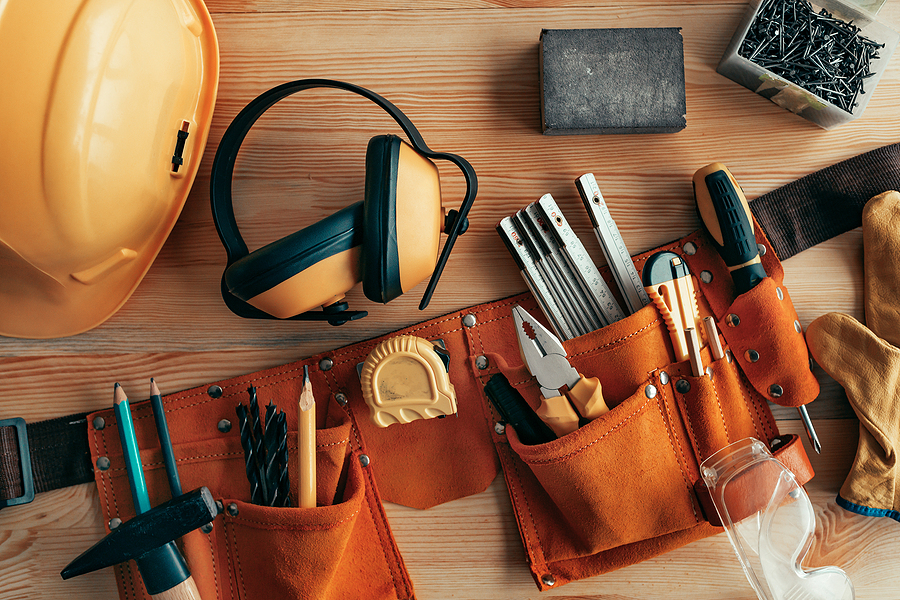In an era where environmental consciousness is paramount, there’s been a paradigm shift in various sectors towards sustainability. From fashion to food and everything in between, every industry is looking for ways to reduce its carbon footprint. But have you ever considered the environmental impact of the tools we use daily in our workshops? Workshop tools, both large and small, play a pivotal role in the creation of countless items. As such, their sustainability not only affects the environment directly but also the myriad of products they help bring to life.
Sourcing Sustainable Materials for Tools
Sourcing materials sustainably is the first step towards creating environmentally-friendly workshop tools. For example, when metals are mined in an eco-conscious manner, they reduce the destruction of habitats and minimise harmful emissions. The use of recycled metals can also significantly decrease the carbon footprint of tool manufacturing. Further, companies are now integrating sustainable practices into their operations, ensuring that every step of the tool’s lifecycle, from extraction to disposal, is green.
Eco-friendly Power Sources
While hand tools have a relatively low environmental impact, powered tools, especially those that rely on fossil fuels or non-renewable energy sources, can have a significant carbon footprint. By transitioning to tools powered by renewable energy sources such as solar or wind, we can drastically reduce this impact. Moreover, battery-operated tools with longer life spans and efficient power consumption are also becoming more prevalent, giving artisans a plethora of high-quality workshop equipment options that don’t harm the environment.
Maintenance and Longevity
One of the most effective ways to reduce the environmental impact of workshop tools is by ensuring they last long. A tool that needs replacement frequently has a much higher carbon footprint than one which lasts for years. Regular maintenance, correct storage, and using tools for their intended purpose can prolong their life, thus contributing to sustainability. Investing in tools of superior quality might have a higher upfront cost, but in the long run, they prove to be more economical and environmentally friendly.
Repurposing and Recycling
The end of a tool’s life doesn’t necessarily mean it’s the end of its utility. Tools can often be repurposed for other tasks or used as parts in other tools or machines. When a tool truly reaches the end of its life, recycling its components ensures that they are not wasted. Companies are even offering trade-in programs where old tools can be exchanged for newer, more efficient models, ensuring the old ones are recycled appropriately.
Every Little Bit Counts
While workshop tools might seem like a small component in the broader environmental scheme, every bit counts. When millions of people globally use these tools daily, the cumulative effect can be substantial. By making conscious choices in the kind of tools we use and how we use them, we can make a significant positive impact. Moreover, as consumers, our choices influence manufacturers. The more we lean towards sustainable options, the more companies will produce them, leading to a greener future.
Knowledge is Power
Understanding the life cycle of tools and their environmental impact can help us make informed decisions. By seeking out articles on sustainable practices in industries, we can stay updated and choose the best tools for our workshops.
Conclusion
Workshop tools, though often overlooked, have a pivotal role in environmental sustainability. Their impact goes beyond their immediate use, influencing the countless products they help create. By opting for sustainably produced, eco-friendly power sources, ensuring longevity, and advocating for repurposing and recycling, we can minimise our carbon footprint. As craftsmen, artisans, or even hobbyists, the choices we make in our workshops ripple outwards, and by choosing sustainability, we’re casting a vote for a greener tomorrow.
